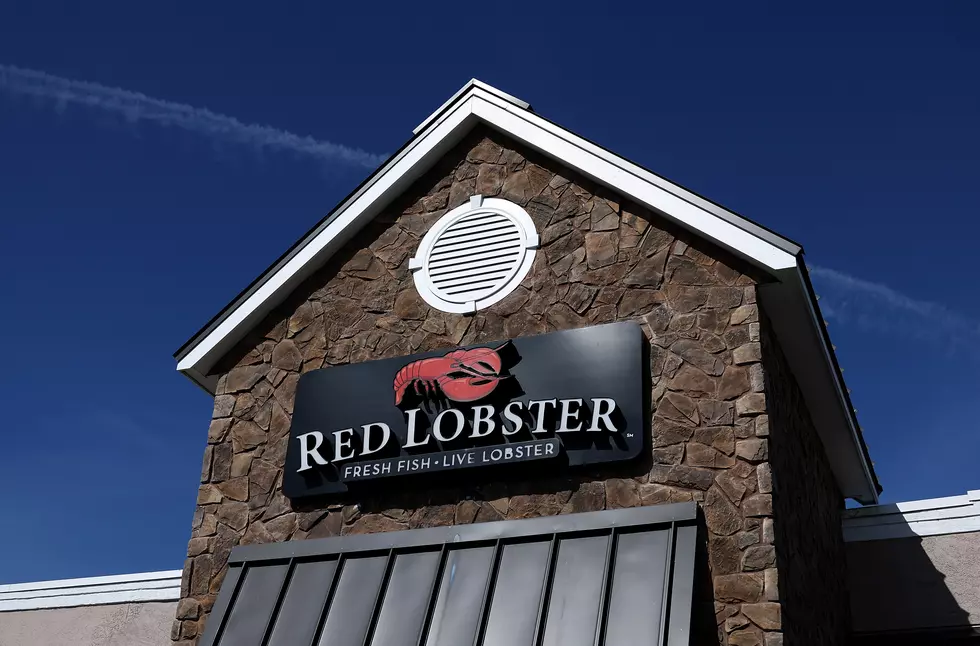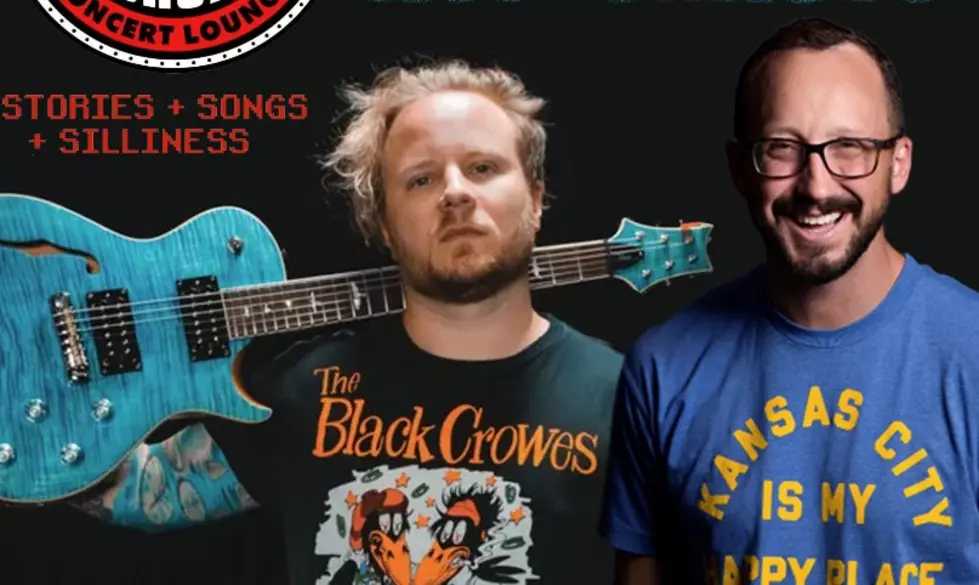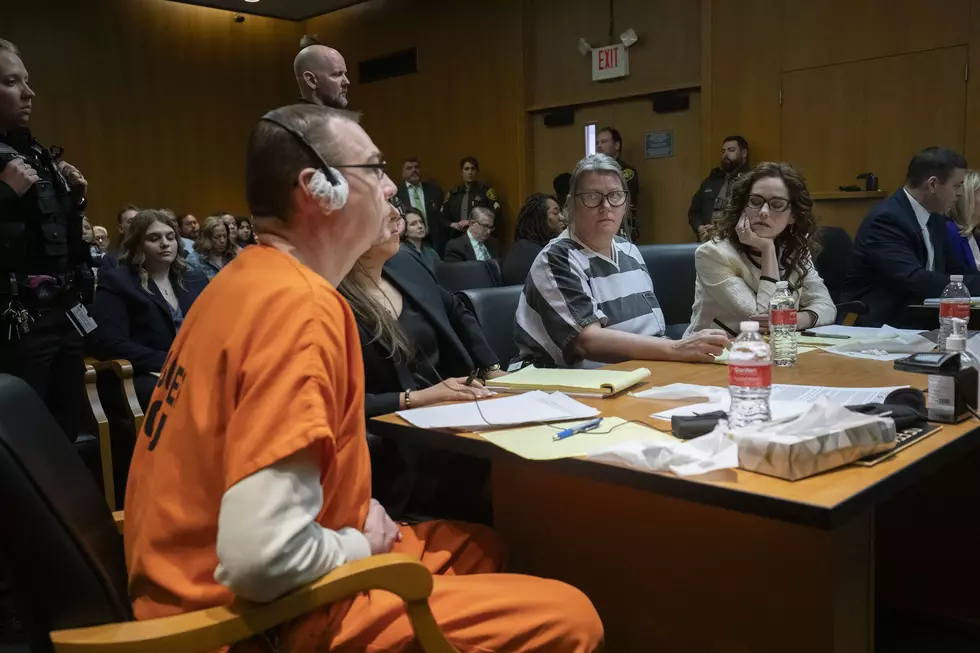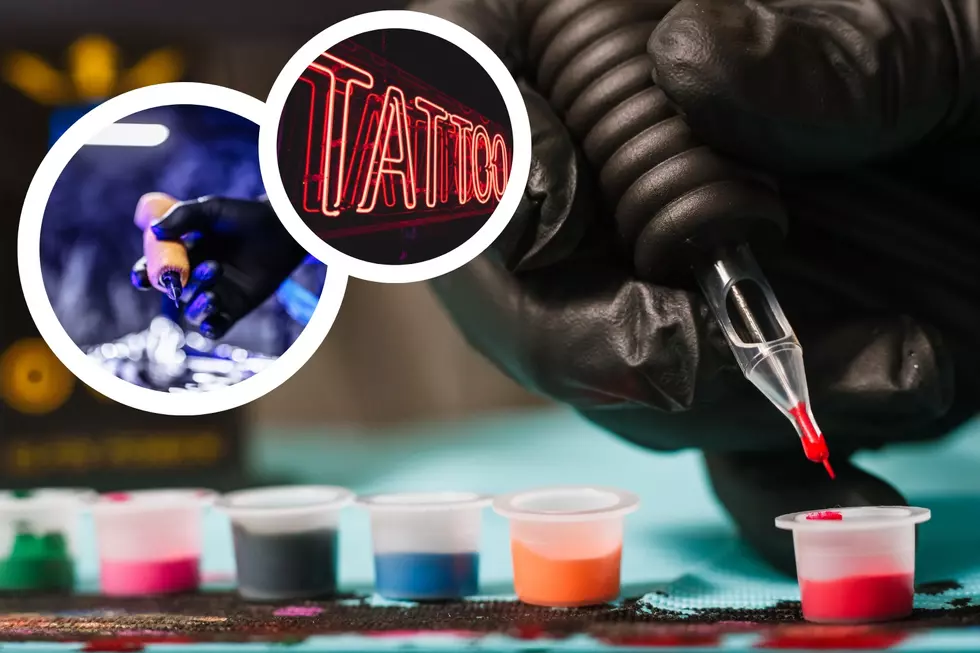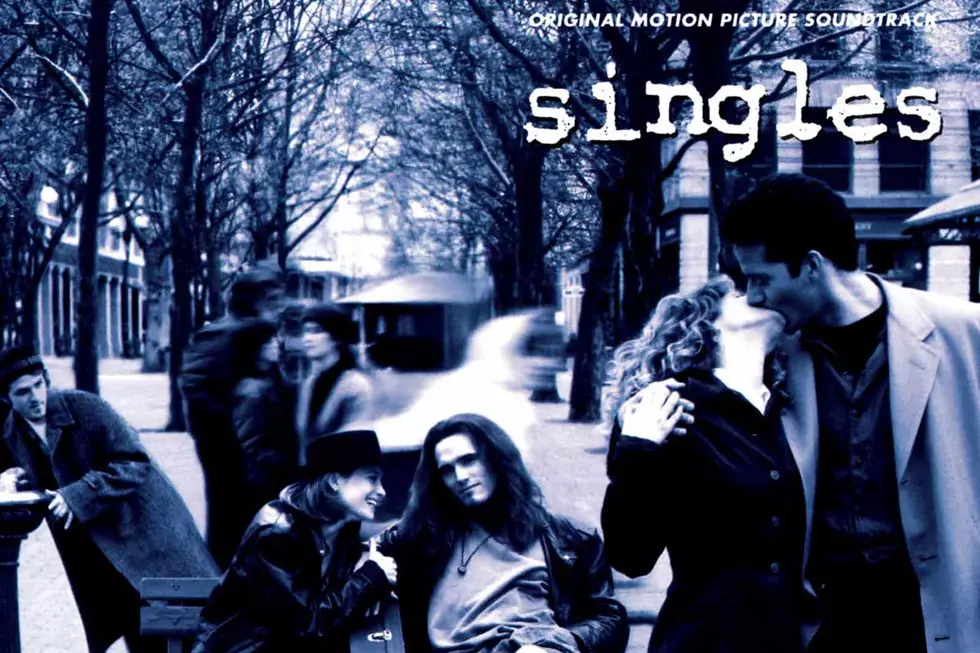
30 Years Ago: ‘Singles’ Soundtrack Creates Grunge Time Capsule
Cameron Crowe’s sheen as a cinematic tastemaker may have waned over the years, but the filmmaker’s reputation as a rock insider was once unimpeachable. While undoubtedly indulging in a bit of self-mythologizing about his time as a real-life teenage writer for Rolling Stone, Crowe’s 2000 film Almost Famous remains a resolutely lived-in portrait of mid-level rock success. And while 1992’s Singles proved a moderately affecting, pre-Friends tale of love among young, attractive, coffeehouse-loving Gen X folk, that film’s soundtrack became an irreplaceable signpost in the birth of Seattle’s music scene.
Crowe, having fallen in love with Seattle area native and rock star Nancy Wilson of Heart, immersed himself in the nascent grunge scene of the early '90s with prescience and drive. Singles (the film) features supporting acting roles from multiple figures in the Seattle rock scene. Eddie Vedder (just arrived from California to join the band Mookie Blaylock, right before they changed their name to Pearl Jam) and fellow Pearl Jam members Stone Gossard and Jeff Ament make up co-star Matt Dillon’s Mudhoney-like second-tier band Citizen Dick. (Their signature song “Touch Me I’m Dick” parodies Mudhoney’s “Touch Me I’m Sick.”) And Soundgarden’s Chris Cornell appears in a wordless cameo watching Dillon’s self-impressed frontman showing off his absurdly powerful (and windshield-destroying) car speakers.
Plus, the film’s stars (Dillon, Campbell Scott, Kyra Sedgewick, Bridget Fonda and a pre-The Wire Jim True-Frost) all search for connection at various Seattle rock hotspots, where Crowe captured live performances from Soundgarden (doing “Birth Ritual”), Alice in Chains (“Would?”) and Pearl Jam (“Breath,” “State of Love and Trust”). Indeed, when the film’s soundtrack was released on June 30, 1992, Singles represented a time capsule of bands, and an entire music scene, about to explode into international prominence.
Aided by the era-defining success of Nirvana’s Nevermind in September 1991, Singles (the soundtrack) eventually went double platinum, serving as something of a Seattle grunge sampler for a curious and hungry public. And while accusations were lobbed at Crowe of bandwagon-jumping, the truth is that Singles was in development well before anyone outside of Seattle knew the word “grunge.” That’s because Warner Bros., unsure how to market Crowe’s film, sat on Singles’ release for a full nine months. Ultimately, the soundtrack (as usual, meticulously assembled by the filmmaker) hit shelves three months before the film’s release, partly to cash in on Nirvana’s success.
Listen to Pearl Jam's 'State of Love and Trust'
As a soundtrack, there’s a definite mixtape feel, as has always been the case with the music-forward Crowe. Acting as a sort of love letter to Seattle rock history, it includes a track from Jimi Hendrix (the swoony “May This Be Love”) as well as tracks from Mother Love Bone, Screaming Trees and the Lovemongers (the Wilson Sisters’ Heart side project), alongside the Pearl Jam, Alice in Chains and Soundgarden numbers. Crowe even throws in a nod to a bit of infamous Seattle rock lore, including the Lovemongers’ cover of “The Battle of Evermore” to reference Led Zeppelin’s perhaps apocryphal mud-shark incident (which supposedly happened at Seattle’s Edgewater Inn.)
And while non-Seattleites Smashing Pumpkins (“Drown”) and Paul Westerberg (lending two of his first post-Replacements compositions) are also in the mix, it’s tough to complain. Westerberg’s aching early '90s songs “Waiting for Somebody” and “Dyslexic Heart” serve as pivotal backing for the film’s characters’ restless and yearning love lives, with Crowe calling Westerberg’s demo of “Dyslexic Heart” “the spirit of the offhanded, not overthought, love of music.” He’s not wrong.
But one of Singles’ most lasting contributions to the Seattle sound came about essentially as a goof. In a deleted scene from the film, we see Dillon’s chastened frontman Cliff Poncier, after the breakup of Citizen Dick, hawking his self-produced solo project, Poncier, as he busks on the streets. Crowe had Jeff Ament design a fake EP of the sort a middle-aged, disillusioned former frontman might put out after a breakup. Initially just an expertly designed prop cassette case (colored Kinkos label and all), Poncier ultimately became an unlikely reality thanks to Chris Cornell, who thought it would be fun to write and record all five songs listed on the cassette.
Engineering a copy of his completed demo (with backing from Vedder, Ament and Gossard) into Crowe’s hands as a joke, Cornell wound up contributing not just to the Singles soundtrack but to his future musical legacy. Taking Ament’s fictitious titles as inspiration, Cornell created the ballad “Seasons” (Track 3 on the soundtrack), “Spoonman” (a major future hit for Soundgarden on their Superunknown album) and “Flutter Girl” (which emerged on Cornell’s 1999 solo album, Euphoria Morning).
The other two songs, “Nowhere but You” and “Missing” cropped up as a Cornell B-side and a part of Temple of the Dog’s 2016 tour roster, respectively.
Listen to Chris Cornell's 'Seasons'
In the years since the high-water success of Almost Famous, Crowe the filmmaker appears to have lost his way somewhat. The twee 2005 Elizabethtown mined the Crowe formula to widely derided effect, while 2011’s We Bought a Zoo was forgettable and 2015’s Aloha was dogged by tone-deaf racial-casting choices (while also being pretty forgettable). Crowe has done better sticking to music, with his documentaries The Union (chronicling Elton John and Leon Russell’s collaboration on the album of the same name) and the career retrospective Pearl Jam Twenty garnering far more acclaim.
Still, the Singles soundtrack remains a testament to Crowe’s genuine love and appreciation for the rock scene. Engineering a deluxe two-disc reissue of the Singles soundtrack in 2017, including Cornell’s Poncier demos and songs from Seattle scenesters Blood Circus and Truly, Crowe kept alive the mixtape vibe of his long-ago grunge-era project. The release, in a sad coincidence, came just a day after Cornell killed himself after a Soundgarden show in Detroit, perhaps the last nail in that era’s coffin.
Top 30 Grunge Albums
More From Banana 101.5

